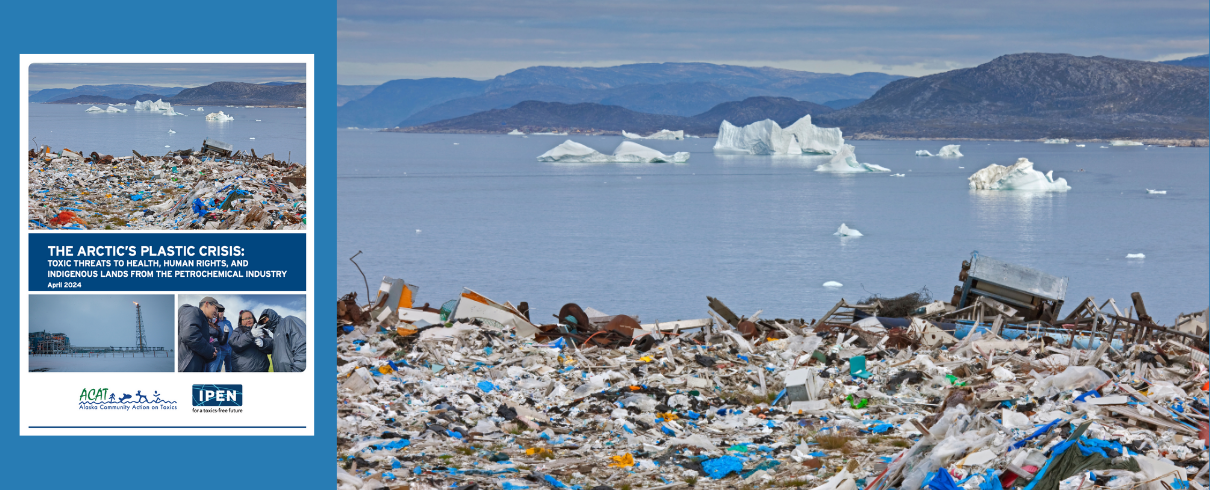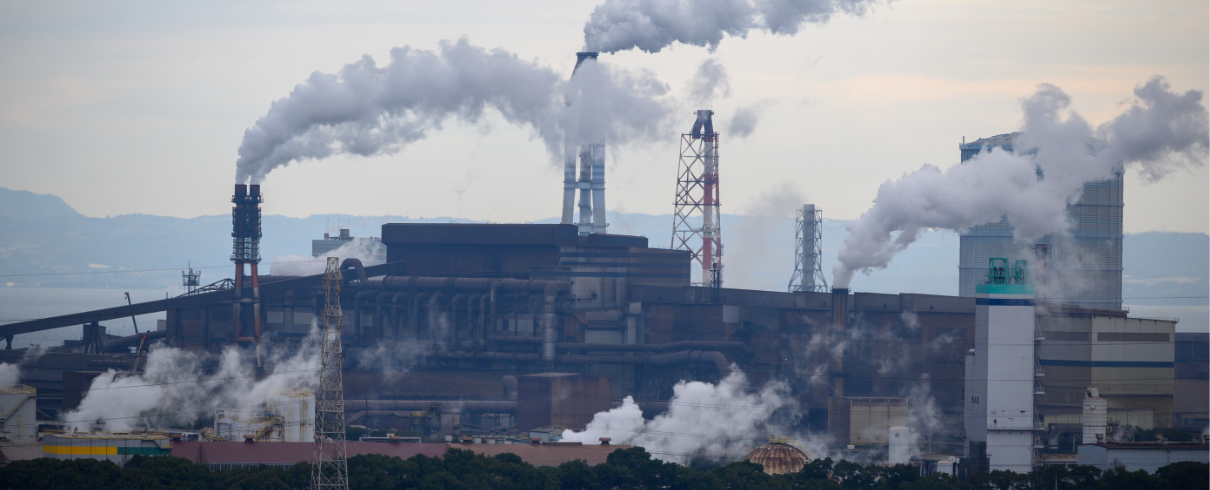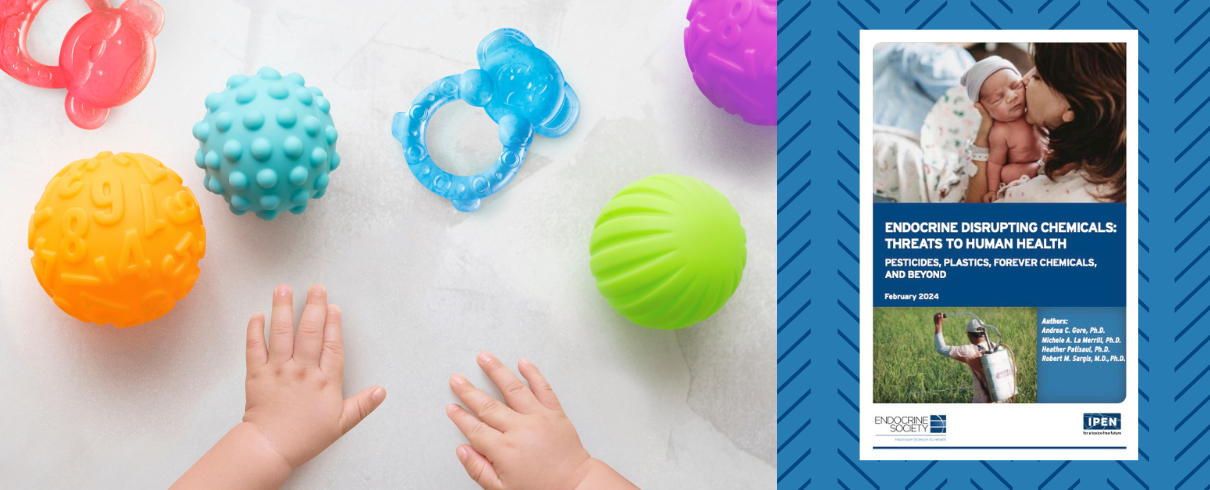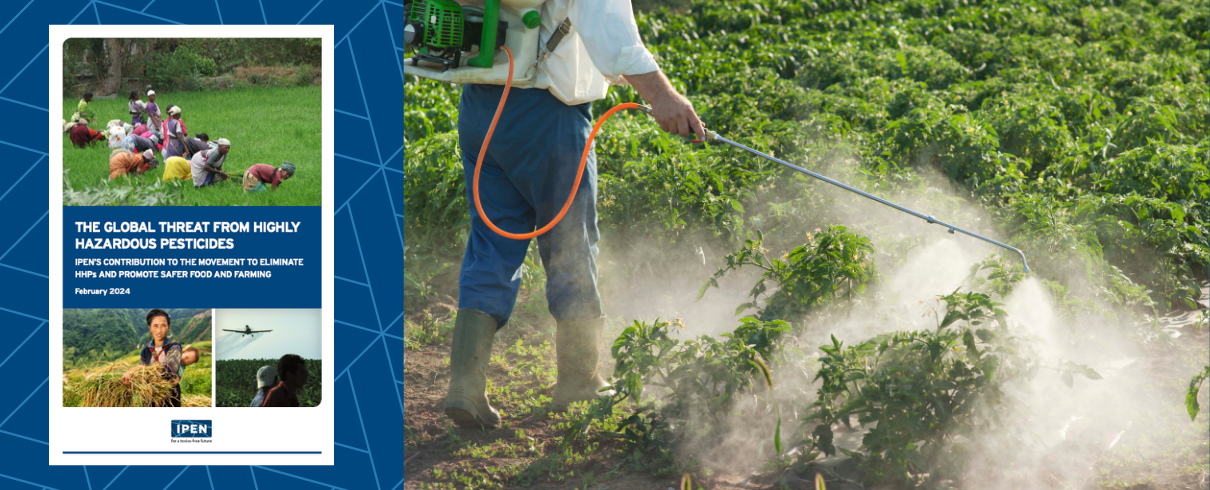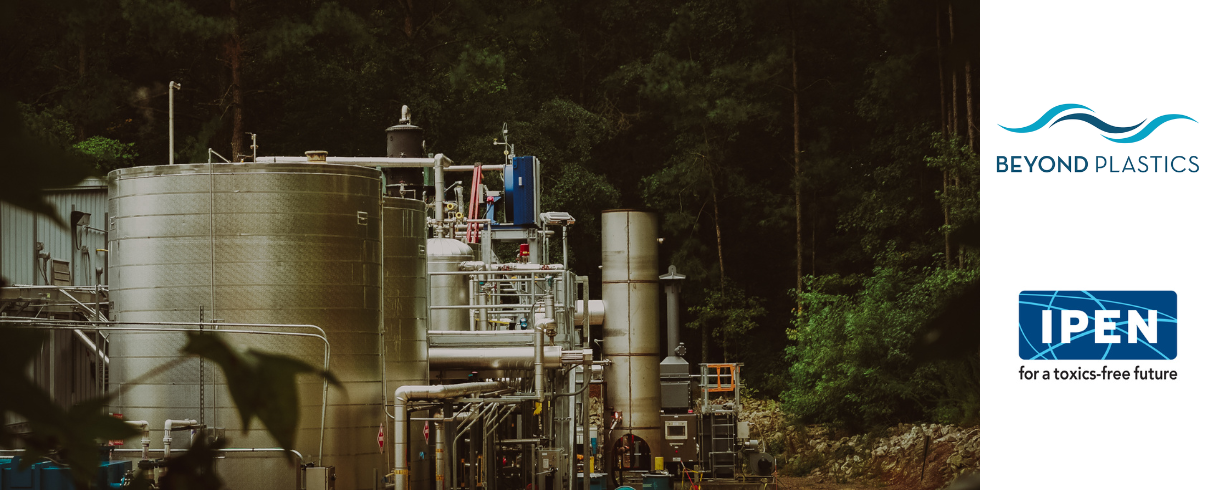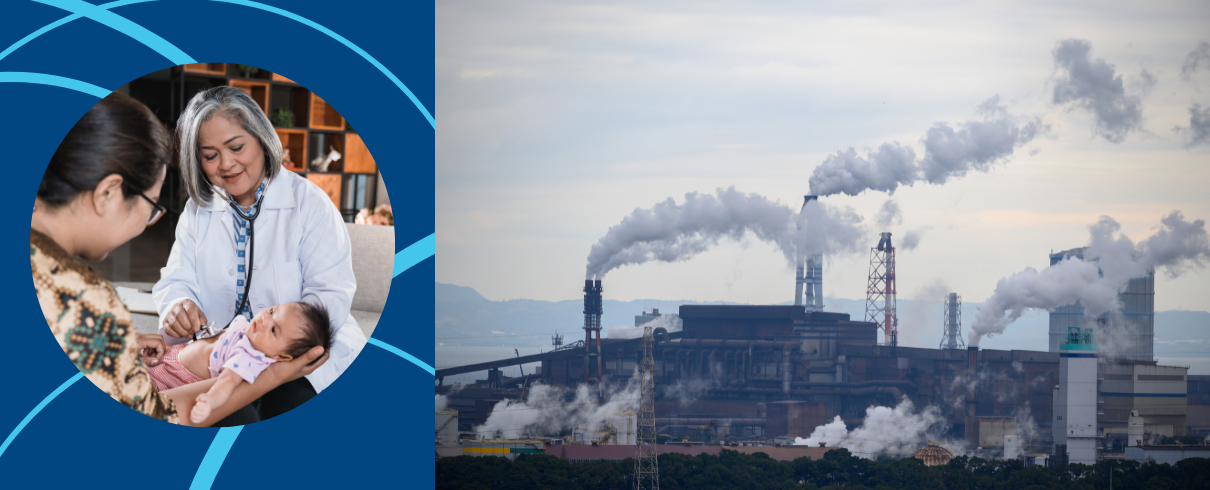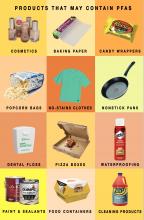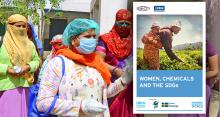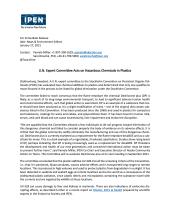For Immediate Release
Attn: News & Environment Editors
January 17, 2021
Contacts: Pamela Miller, pamela@akaction.org.org
Sara Brosché, PhD, sarabrosche@ipen.org
@ToxicsFree
U.N. Expert Committee Acts on Hazardous Chemicals in Plastics
Gothenburg, Sweden - A U.N. expert committee to the Stockholm Convention on Persistent Organic Pollutants (POPs) has evaluated two chemical additives to plastics and determined that only one qualifies to move forward in the process to be listed for global elimination under the Stockholm Convention.
The committee failed to reach a consensus that the flame retardant the chemical Dechlorane plus (DP) is likely, as a result of its long-range environmental transport, to lead to significant adverse human health and environmental effects, such that global action is warranted. DP is an example of a substance that never should have been produced as it is a slight modification of mirex – one of the original dirty dozen substances listed in the Convention. It has been produced since the 1960s and used in plastics for computers and televisions, coatings for wires and cables, and polyurethane foam. It has been found in human milk, serum, and cord blood and can cause neurotoxicity, liver impairment, and endocrine disruption.
“We are appalled that the Committee allowed a few individuals to de-rail progress toward elimination of this dangerous chemical and failed to consider properly the body of evidence on its adverse effects. It is critical that the global community swiftly eliminates the manufacturing and use of this dangerous chemical. Dechlorane plus is currently marketed as a replacement for the flame retardant decaBDE and as a substitute for mirex. This is a stark example of a regrettable, ill-advised substitution. Studies show rising levels of DP, perhaps indicating that DP is being increasingly used as a replacement for decaBDE. DP threatens the development and health of our next generations and concerted international action must be taken to prevent further harm,” said Pamela Miller, IPEN Co-Chair and Executive Director of Alaska Community Action on Toxics. The Committee will re-evaluate Dechlorane plus at its next meeting in September 2021.
